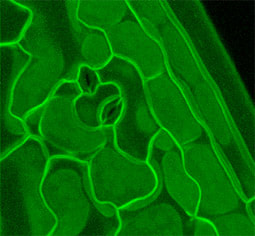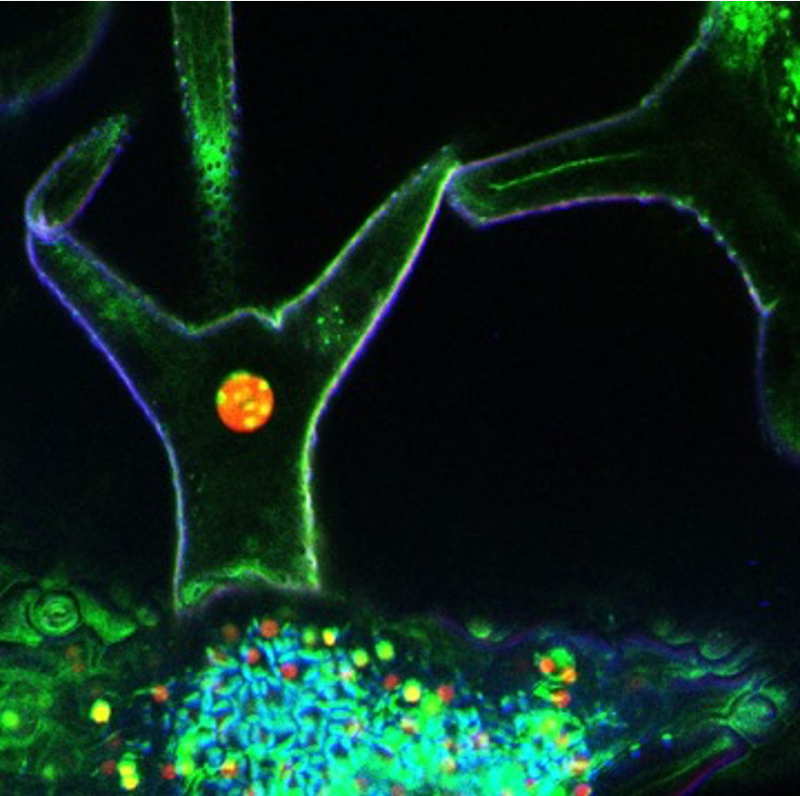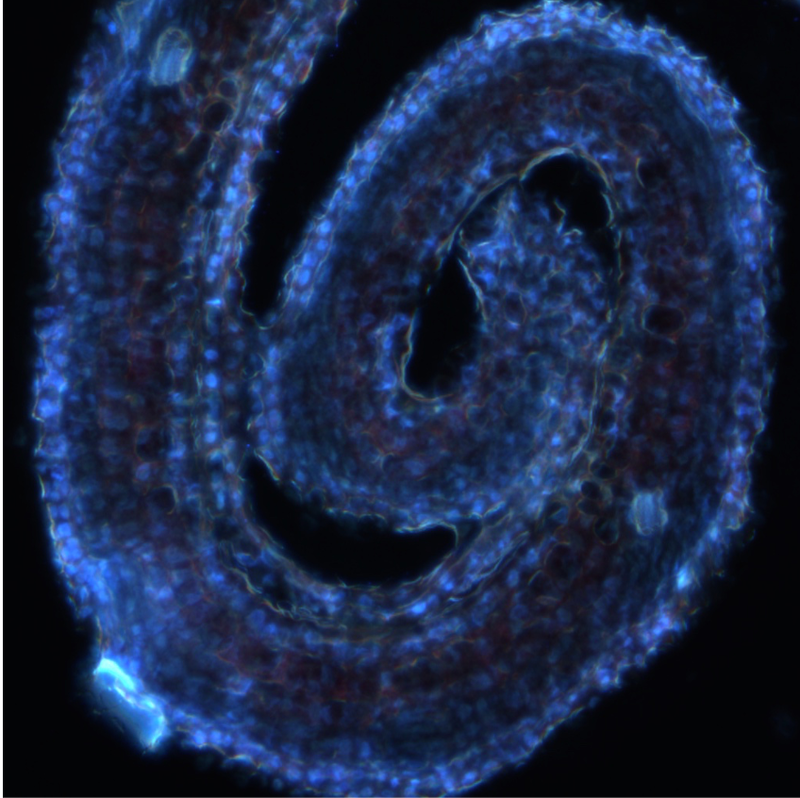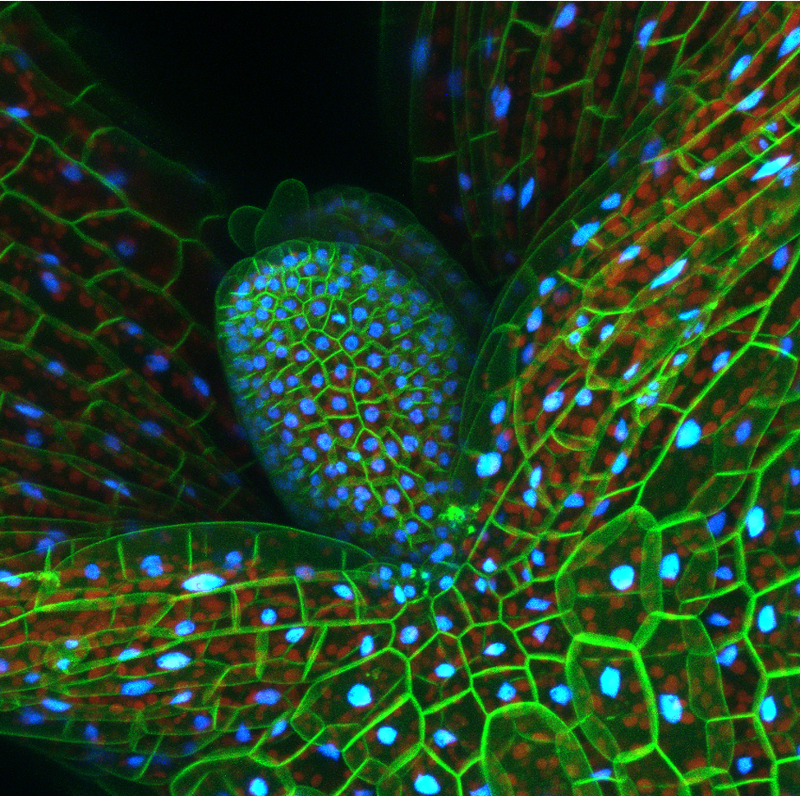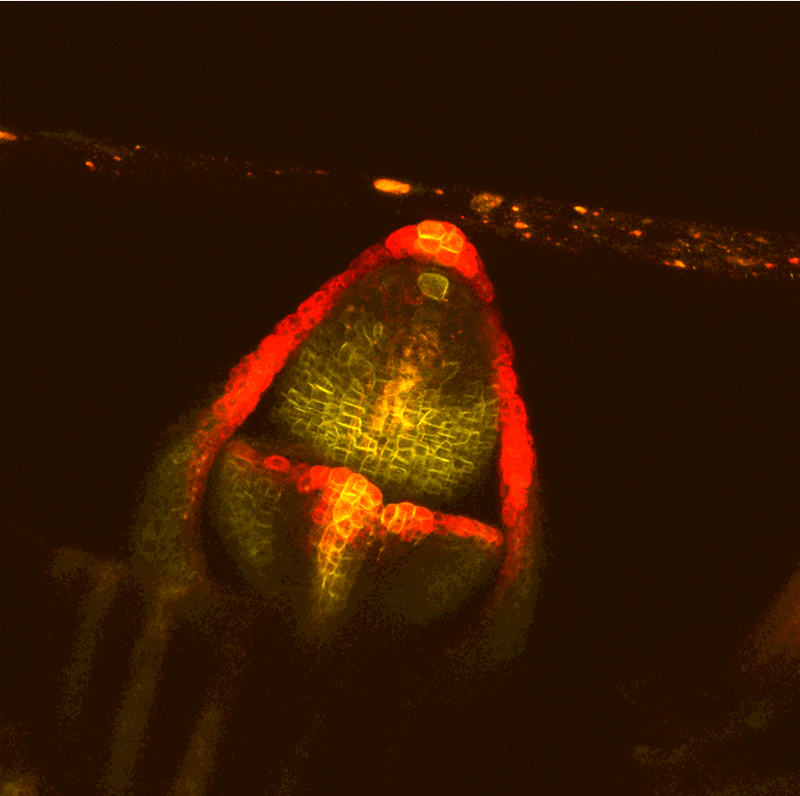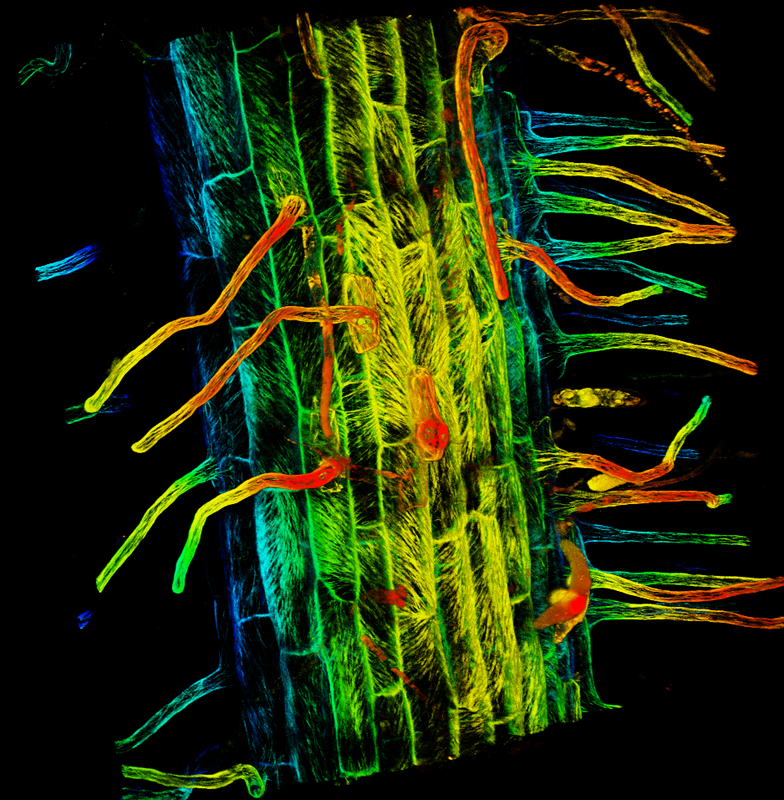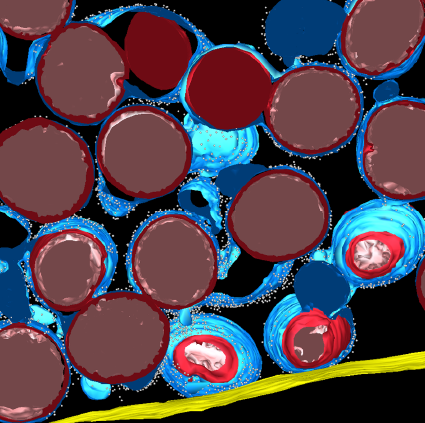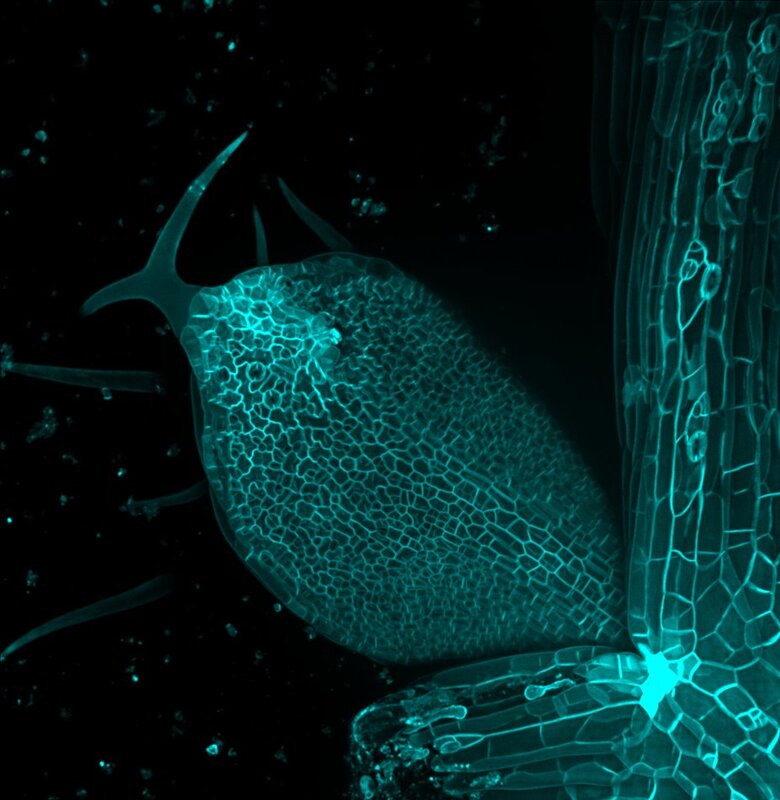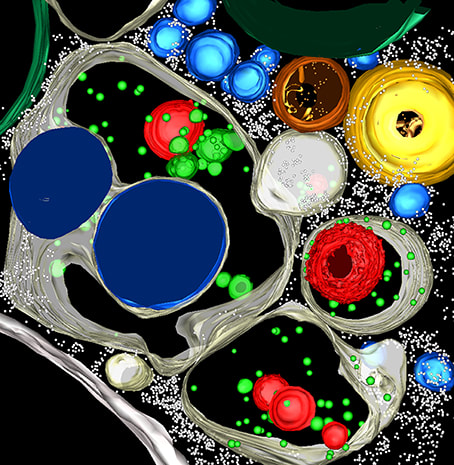Symposium Objectives
The goal of the Plant Cell Atlas (PCA) is to bring together a community who will comprehensively describe plant cell types by integrating high-resolution subcellular and cellular location information of nucleic acids, proteins, and metabolites.
Symposium Goals:
The 4 scientific sessions will be focused around each of the topics listed below in the context of plant science.
PCA Code of Conduct
Designated Safety Officers: TBA
Symposium Goals:
- Share the most exciting scientific and technological breakthroughs in plant science as it is relevant to developing a Plant Cell Atlas.
- Create a forum for people interested in these approaches and their application to plants to meet and network.
- Provide context and ideas for the SynBio Hackathon participants.
The 4 scientific sessions will be focused around each of the topics listed below in the context of plant science.
- Theme 1: Synthetic Biology
- Theme 2: Single-Cell and Spatial Omics
- Theme 3: Imaging
- Theme 4: Comparative Biology
PCA Code of Conduct
Designated Safety Officers: TBA
Invited Speakers
- Jazz Dickinson (University of California, San Diego, USA)
- Sarah Guiziou (Earlham Institute, UK)
- Young-Jin Lee (Iowa State University, USA)
- Nicola Patron (University of Cambridge, UK)
- Tina Schreier (University of Oxford, UK)
- Marija Smokvarska (National Centre for Scientific Research, France)
- Renate Weizbauer (Carnegie Institution for Science, USA)
- Mingyuan Zhu (Duke University, USA)
Symposium Organizers and Speakers
Registration
Virtual Registration
Registration deadline: August 12, 2024
Location: Virtual - Whova/Zoom
Cost: Free
Time:
Start - Aug 13, 2024 at 10:00am ET
End - Aug 14, 2024 at 5:30 pm ET
See Virtual Schedule below for more details
Registration deadline: August 12, 2024
Location: Virtual - Whova/Zoom
Cost: Free
Time:
Start - Aug 13, 2024 at 10:00am ET
End - Aug 14, 2024 at 5:30 pm ET
See Virtual Schedule below for more details
Abstract Submission
Abstract Submission Deadline - Talks: April 30, 2024
Abstracts may be submitted on any topic related to the Plant Cell Atlas, including but not limited to: single-cell or spatial omics (proteomics, metabolomics, and/or transcriptomics), advanced imaging, data integration, systems biology, synthetic biology, and genetic engineering.
There is no fee to submit an abstract. NOTE: You still need to register for the meeting through the registration link above even if you submit an abstract.
Abstracts should be no longer than 1 page and submitted as a PDF or Word document. Please include:
Abstracts may be submitted on any topic related to the Plant Cell Atlas, including but not limited to: single-cell or spatial omics (proteomics, metabolomics, and/or transcriptomics), advanced imaging, data integration, systems biology, synthetic biology, and genetic engineering.
There is no fee to submit an abstract. NOTE: You still need to register for the meeting through the registration link above even if you submit an abstract.
Abstracts should be no longer than 1 page and submitted as a PDF or Word document. Please include:
- Title
- Author(s) - presenter name in bold
- Affiliation
- Abstract
Symposium Event App
Download PCA Symposium logistics information here
Please use the email address you used to registered for the event to sign up for the Whova app.
Please use the email address you used to registered for the event to sign up for the Whova app.

